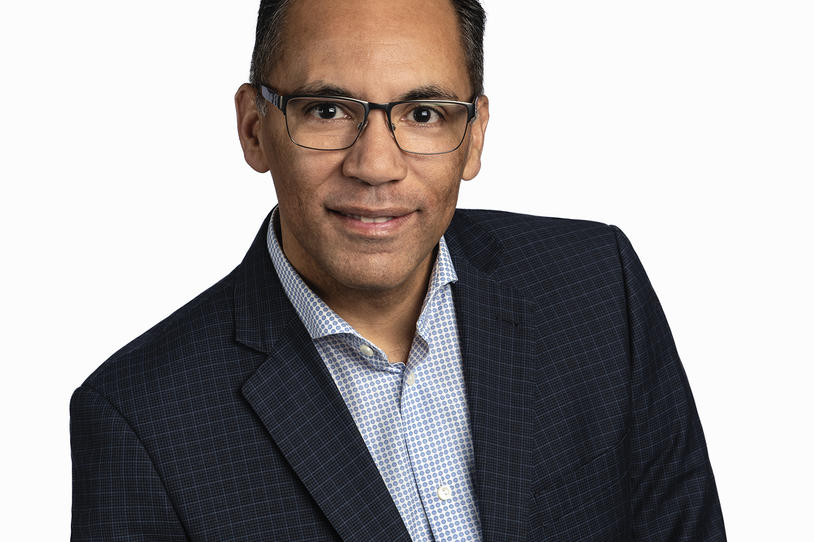
Recently, I attended the World Parkinson Congress in Kyoto, Japan. At the end of the event, I found myself in a room full of YOPD’ers (people with young-onset Parkinson’s disease), like myself. As we discussed a variety of topics, I couldn’t help but think — How do we define the word ‘cure’?
I have never been fond of this discussion of a “cure.” It’s always seemed off, that it was mildly misleading and lacking in some meaningful way. Speaking with others diagnosed with YOPD, my concerns were not unique.
What if you find yourself with Parkinson’s and a cure is not your most pressing need? We know that Parkinson’s is not just an older man’s disease, and that it impacts each individual differently. The stories of each person with PD vary and so do our needs and desires.
For example, imagine this. A 45-year-old single mother of three has been forced into early retirement because of her Parkinson’s. This mother needs groceries, she needs to pay her mortgage, buy the kids clothes for school, plan for their university, apply for the disability tax credit, get in some exercise and pick up her meds. Then, take this one step further and presume that this mother lives in a developing country (i.e., India, Nepal, Nigeria) where, in some cases, meds are not available, there is no tax credit and groceries can be hard to come by. This mother might not want to hear about a scientific discovery today that may lead to a cure in 15 years. Instead, she may be focused on the things she needs today to help her family tomorrow.
This is a growing reality for many within the Parkinson’s community that need help today. Some have no 401k, disability plan or retirement package; or they are years away from the expected date of needing those plans. A “cure” to some could be the support from policymakers to help elevate and address individuals’ everyday needs.
Some people with PD need help walking, speaking, writing or swallowing. Some struggle with non-movement symptoms such as depression or dementia. A “cure” to this group could be better treatments to manage their symptoms so they can keep their jobs and raise their kids.
We need to change the discussion and make known our expectations of a “cure” more broadly. We hold the power to advocate for the needs of our community. We must continue to educate governments, nonprofits, NGOs, researchers and pharmaceutical companies who serve the Parkinson’s community to let them know what we need. And to let them know what a “cure” means to us.
Tim Hague Sr. Author / Professional Speaker / Parkinson’s Advocate / TEDx Speaker / Winner of The Amazing Race Canada season #1. Tim was diagnosed with Young Onset Parkinson’s Disease at the age of 46. He hails from Winnipeg Canada where he resides with his wife and children. For event bookings or to learn more about Tim go to www.TimSr.ca.